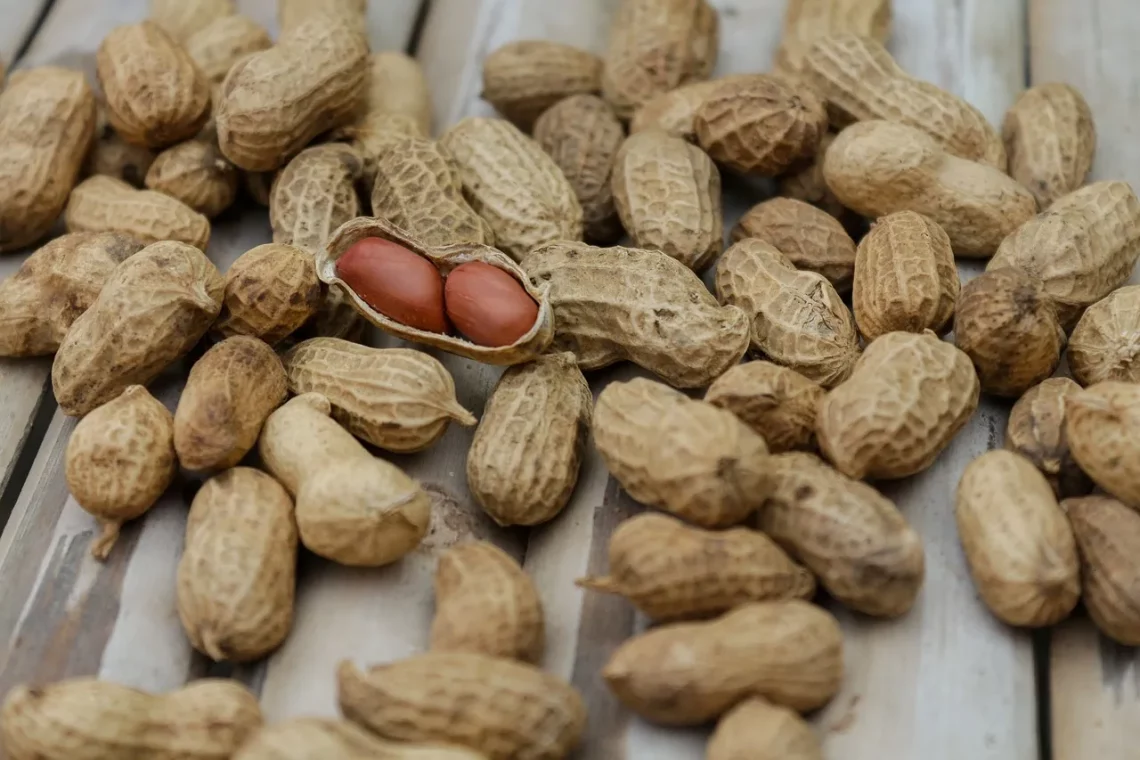
How Much Protein is in a Chicken Drumstick? A Nutritional Guide
Chicken drumsticks are a beloved staple in many households, known for their rich flavor and versatility in various cuisines. This popular cut of meat, often enjoyed grilled, baked, or fried, holds a special place in the hearts of food enthusiasts. The appeal of chicken drumsticks goes beyond their taste; they are also a source of essential nutrients that contribute to a balanced diet.
In recent years, the focus on protein intake has surged, with many individuals seeking to understand the nutritional value of the foods they consume. Protein is a crucial macronutrient that plays a key role in muscle repair, immune function, and overall health. As people become more health-conscious, they often look for foods that provide a good balance of taste and nutrition. Chicken drumsticks, being a delicious and affordable protein source, have garnered attention for their nutritional profile.
This article will delve into the protein content of chicken drumsticks, exploring not only the amount of protein they provide but also the other nutrients they contain. Understanding the nutritional value of chicken drumsticks can help individuals make informed dietary choices that align with their health goals.
Nutritional Breakdown of Chicken Drumsticks
When it comes to understanding the nutritional value of chicken drumsticks, it is essential to look at their macronutrient composition. A standard chicken drumstick, which typically weighs around 100 grams, contains approximately 24 grams of protein. This makes drumsticks an excellent source of protein, especially when compared to other common protein sources.
In addition to protein, chicken drumsticks also provide a significant amount of fat. The fat content can vary depending on whether the skin is left on or removed. A skin-on drumstick contains about 10 grams of fat, of which a portion is saturated fat. While some may view this as a downside, it is important to note that not all fats are created equal. Chicken fat can be a source of beneficial fatty acids that support overall health.
Furthermore, chicken drumsticks are rich in essential vitamins and minerals. They provide a good source of B vitamins, including niacin, vitamin B6, and riboflavin, all of which play critical roles in energy metabolism and overall cellular function. Additionally, drumsticks are a source of minerals such as phosphorus and selenium, which are vital for bone health and antioxidant defense, respectively.
Overall, the nutritional breakdown of chicken drumsticks reveals a well-rounded food option that offers a balance of protein, fats, vitamins, and minerals. This makes them an appealing choice for those looking to increase their protein intake without sacrificing flavor.
The Role of Protein in a Balanced Diet
Protein is often touted as one of the most important macronutrients in our diet. It is essential for building and repairing tissues, producing enzymes and hormones, and supporting immune function. For individuals who are physically active, such as athletes or those engaging in regular exercise, protein intake becomes even more critical. This is because protein helps to repair muscle fibers that are broken down during workouts, facilitating recovery and growth.
Counting protein intake can help individuals meet their dietary goals, whether they aim to lose weight, build muscle, or maintain overall health. The general recommendation for protein intake varies based on a person’s age, sex, and level of physical activity. For most adults, a daily intake of about 46-56 grams of protein is suggested. However, athletes or those involved in intense training may require more.
Incorporating chicken drumsticks into a diet is a delicious way to boost protein intake. They can be easily included in various meals, from salads and stir-fries to hearty casseroles. The versatility of chicken drumsticks allows for creativity in the kitchen, making it easier to enjoy a protein-rich meal.
Moreover, protein contributes to satiety, helping individuals feel full longer, which can be beneficial for weight management. When combined with a variety of other foods—such as vegetables, whole grains, and healthy fats—chicken drumsticks can form part of a balanced, satisfying meal.
Health Benefits of Eating Chicken Drumsticks
In addition to being a great source of protein, chicken drumsticks offer several health benefits that can enhance overall well-being. The presence of essential vitamins and minerals in chicken drumsticks supports various bodily functions. For instance, niacin plays a crucial role in converting food into energy, while vitamin B6 is vital for protein metabolism and cognitive development.
Furthermore, chicken drumsticks contain selenium, an important trace mineral that acts as an antioxidant. Antioxidants help protect the body from oxidative stress and inflammation, which are linked to numerous chronic diseases. Including selenium-rich foods, like chicken drumsticks, in the diet can contribute to long-term health and disease prevention.
Another notable benefit is the potential for a lower risk of certain health conditions. Consuming lean poultry, such as chicken, has been associated with a reduced risk of heart disease compared to red meat consumption. This is partly due to the lower saturated fat content in chicken compared to fatty cuts of beef or pork.
When prepared healthily—such as by baking or grilling rather than frying—chicken drumsticks can be a great addition to a heart-healthy diet. They can also be paired with a variety of vegetables and whole grains, further enhancing their nutritional profile and providing a well-rounded meal.
Overall, the health benefits of chicken drumsticks extend beyond their protein content. They can play a significant role in maintaining a nutritious and balanced diet.
How to Cook Chicken Drumsticks for Maximum Nutrition
Cooking chicken drumsticks in a healthy way can maximize their nutritional benefits while ensuring they remain flavorful and appealing. Baking, grilling, or roasting are excellent methods that allow the natural flavors of the chicken to shine through without excess added fats.
When baking chicken drumsticks, a simple seasoning of herbs and spices can elevate the taste without adding unnecessary calories. For instance, marinating the drumsticks in a mixture of olive oil, garlic, lemon juice, and your favorite herbs can infuse them with flavor while keeping them moist. Baking at a moderate temperature allows the chicken to cook evenly and retain its juices.
Grilling is another popular cooking method that imparts a smoky flavor to chicken drumsticks. This technique can enhance the taste while allowing excess fat to drip away. Grilled drumsticks can be served with a variety of sides, such as grilled vegetables or a fresh salad, for a balanced meal.
For those who enjoy slow cooking, drumsticks can also be used in stews or curries, allowing the meat to become tender and flavorful. Slow cooking can also be a great way to incorporate a variety of vegetables, creating a nutrient-packed dish.
No matter the cooking method, it’s essential to ensure that chicken is cooked to the proper internal temperature of 165°F (75°C) to ensure food safety. By preparing chicken drumsticks thoughtfully, individuals can enjoy a delicious and nutritious meal that supports their health and wellness goals.
In conclusion, chicken drumsticks are a nutritious and versatile food option that provides a substantial amount of protein along with essential vitamins and minerals. They can be easily incorporated into a balanced diet, supporting overall health and well-being.
**Disclaimer:** This article is for informational purposes only and does not constitute medical advice. For any health-related concerns or dietary changes, please consult with a healthcare professional.




